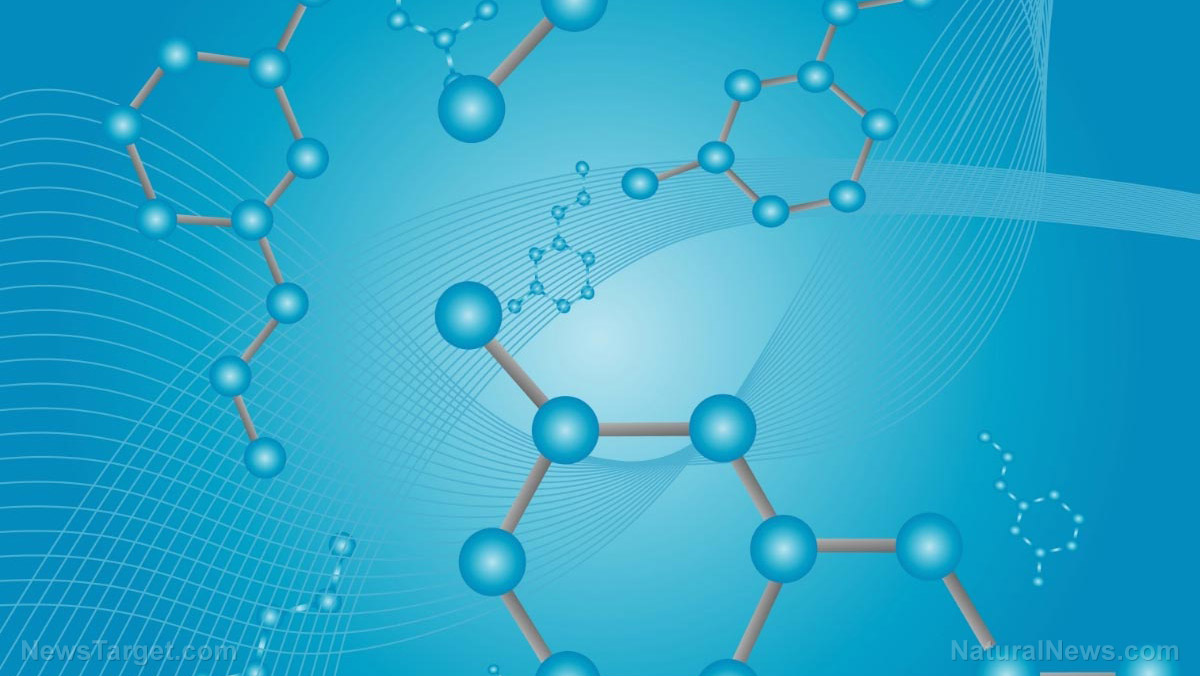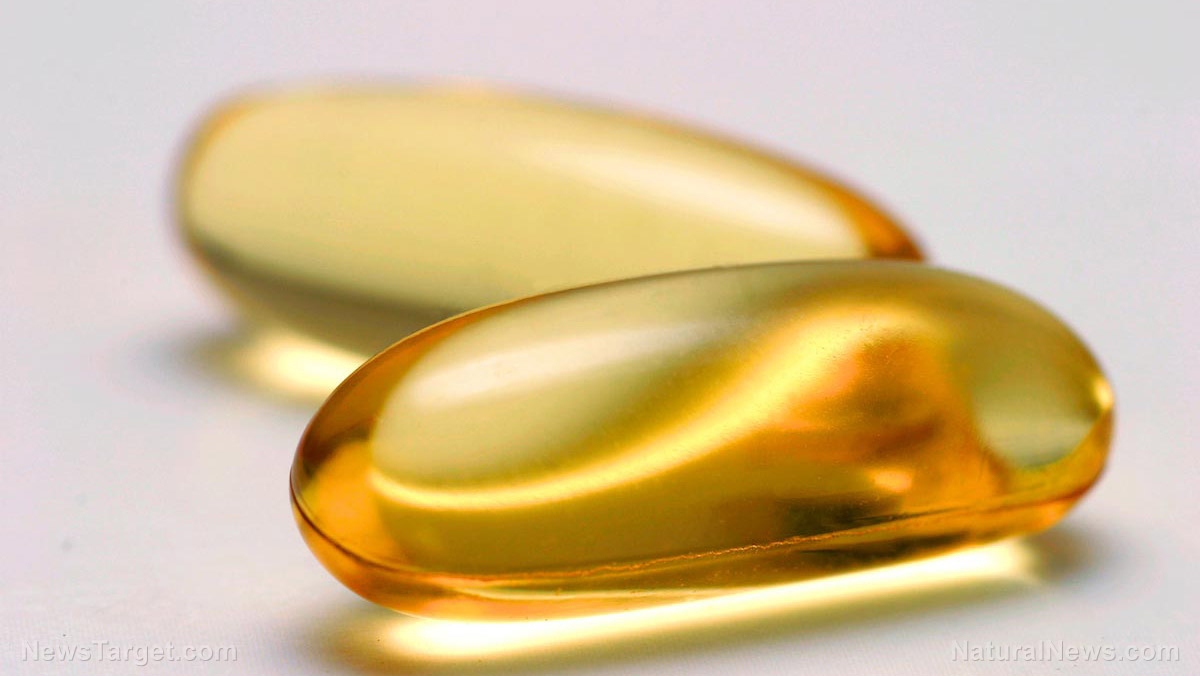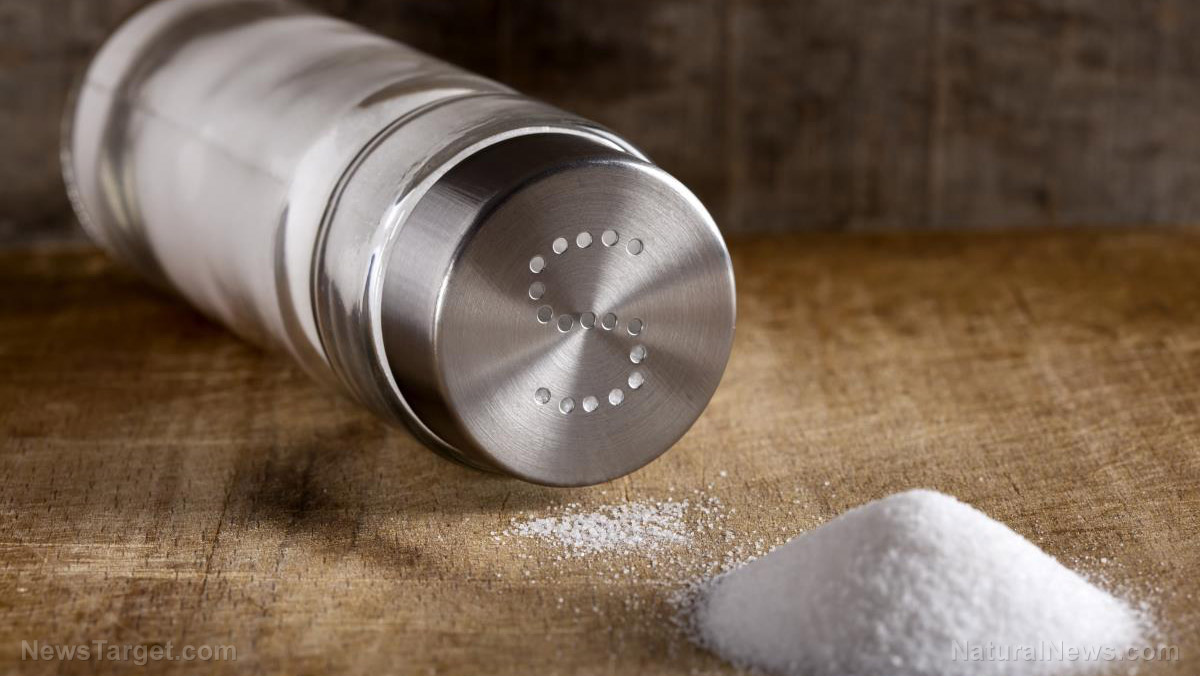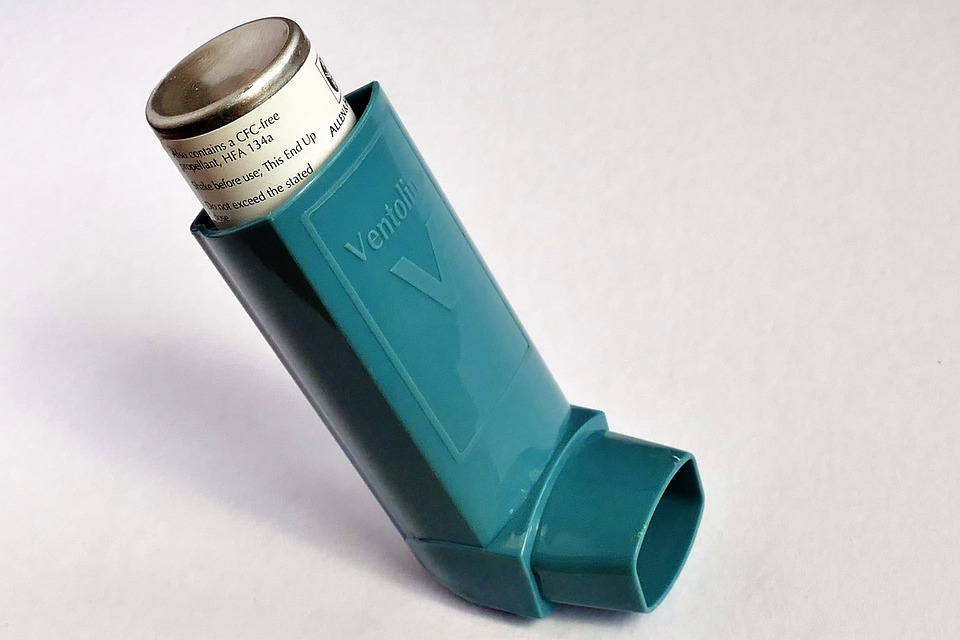Molecular hydrogen dramatically reduces oxidative stress in your body
09/07/2018 / By Isabelle Z.

Could one of the most prevalent molecules on our planet prove to be one of the most powerful healers of our time? While researchers investigate rare botanicals tucked away in remote corners of the planet and scientists try to engineer increasingly sophisticated treatments, the answer to many health problems might have been right under our noses all along. Hydrogen is everywhere, whether you realize it or not, and its abundance is good news for all of us if it turns out to be as beneficial as initial studies indicate.
As the original element, hydrogen is very reactive. One atom bonds easily with another to create molecular hydrogen, or H2 gas. Research has shown that this odorless, tasteless gas can reduce oxidative stress, which is believed to be the root of nine out of ten modern diseases. Molecular hydrogen therapy was first introduced more than two centuries ago. Since a 2007 study published in Nature Medicine demonstrated its excellent antioxidant qualities, hundreds more studies have confirmed and expanded on that finding.
Free radicals don’t just come from environmental toxins; they’re also created by your body’s own natural functions, like exercising and even inhaling. When free radicals interact with molecules in the body, they cause oxidative damage to the membranes of cells, facilitating aging and leading to problems like cancer, heart disease, and diabetes.
Hydrogen’s small size enables it to get inside of cell mitochondria easily, which could explain why it can be so beneficial. It diffuses quickly into your body’s cells and tissues, where it fights these dangerous free radicals and oxidative stress. Best of all, it does this safely; the only byproduct left behind is water.
Molecular hydrogen has an impressive list of benefits
Its antioxidant capabilities alone are remarkable enough, but its abilities go much further than that. It has been shown in studies to help fight inflammation, obesity, and allergies. One huge positive is its potential to prevent Type 2 diabetes by reducing triglycerides and blood sugar while helping with weight control. Studies have also shown that it can help alleviate fatty liver.
Molecular hydrogen can help prevent DNA damage and protect the body against toxins. In fact, it can boost your body’s production of an important hormone called ghrelin that is responsible for protecting the liver, vascular system and brain. In addition, it can improve cognitive function and memory and prevent neuronal inflammation, which means it could be quite useful in the fight against dementia and Alzheimer’s disease.
Athletes also have a lot to gain from hydrogen therapy. Studies have demonstrated that hydrogen water can decrease levels of lactate in the blood and fight against exercise-induced muscle function decline. This means faster recovery after serious workouts and shorter injury healing times.
Hydrogen water’s popularity is on the rise
How can you ingest molecular hydrogen? Water infused with hydrogen is one popular method; it’s also possible to dissolve hydrogen tablets into the water of your choice. It can also be inhaled or dropped into the eyes via a hydrogen saline solution. It’s suitable for topical application to address inflammation and pain, and you can even bathe in it.
Hydrogen water is already enjoying immense popularity in Asia. It makes up a tenth of the bottled water market in Japan, and more than 30 companies are selling hydrogen water formulations in Korea.
It almost sounds too good to be true, but this goes to show that something doesn’t have to be rare to be valuable. Sometimes the simplest treatments are the most powerful.
Sources for this article include:
Tagged Under: disease causes, DNA damage, fatty liver, Free radicals, hydrogen, hydrogen water, longevity, molecular hydrogen, oxidative stress, prevention, remedies, Type 2 Diabetes



















